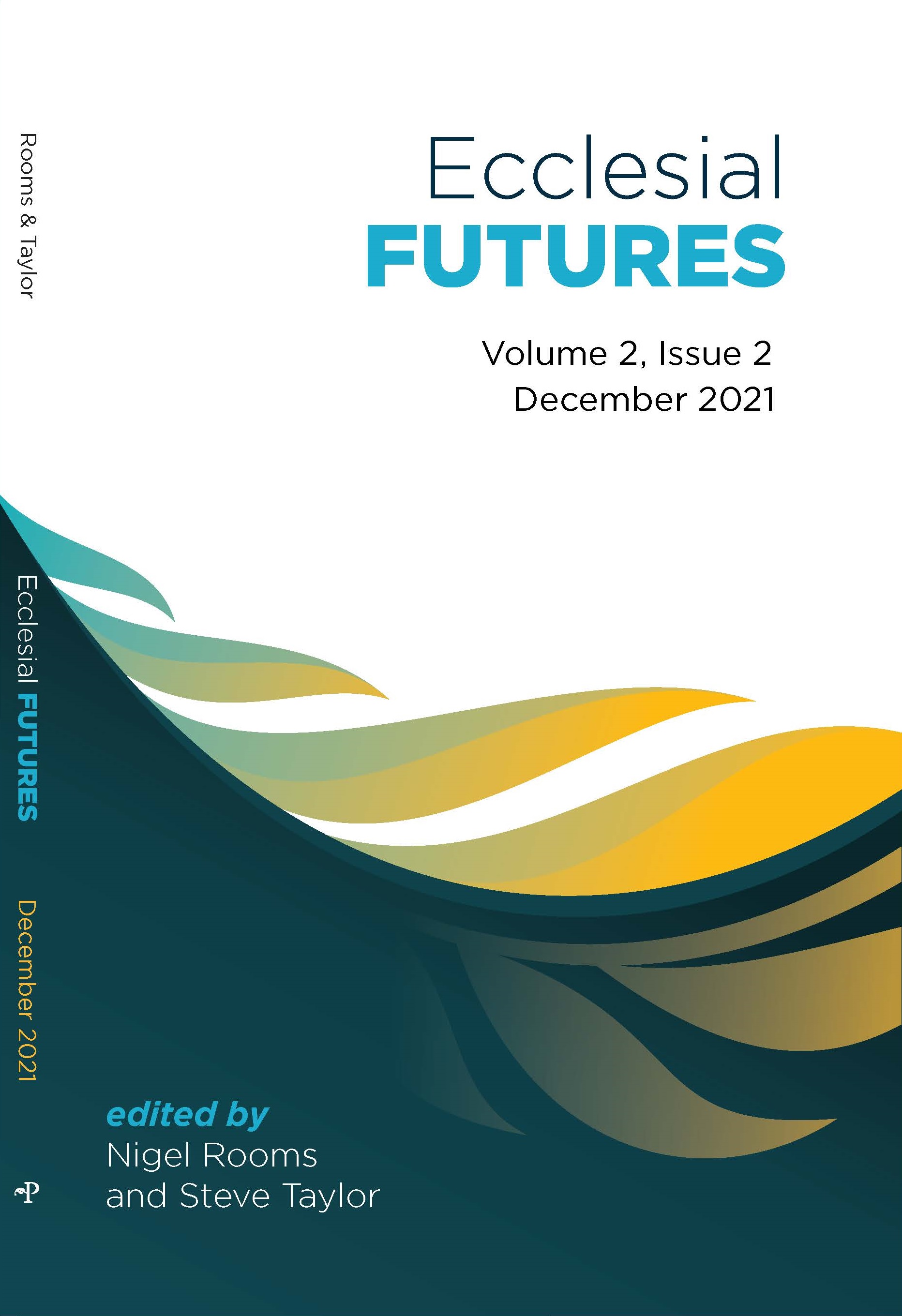Wilding the Church
Reflections on the Process of Wilding as a Metaphor for the Church as a Co-agent in Mission with the Holy Spirit in a Secular Age
DOI:
https://doi.org/10.54195/ef11876Abstract
In recent years numerous wilding projects have emerged, many inspired by Isabella Tree’s book Wilding (Tree 2018). Wilding tells the story of the transformation of the estate at Knepp from intensive arable farm to biodiverse woodland and scrub. Wilding is a process that offers a new paradigm for land management, in which nature leads and human agency facilitates. Here I argue that wilding offers a rich metaphor for a new paradigm of ecclesial imagination in a secular age. This new “ecclesial imaginary” places the Church as a co-agent with the Holy Spirit, participating in the emergent life generated through the power of the Spirit. The use of this metaphor in nature conservation is described and its theological validity explored. The article ends with some preliminary reflections on the potential of this metaphor to move the Church toward a more fruitful disposition in its mission in a secular age.










